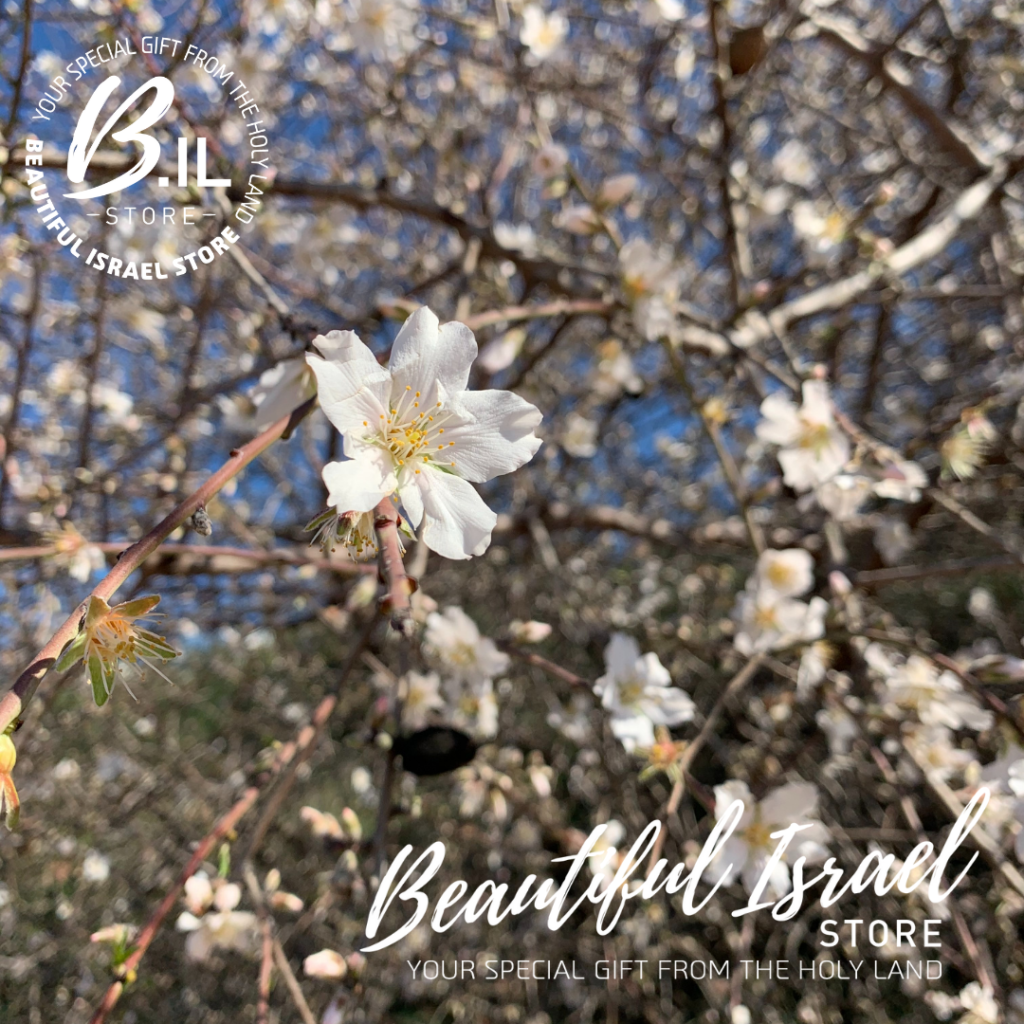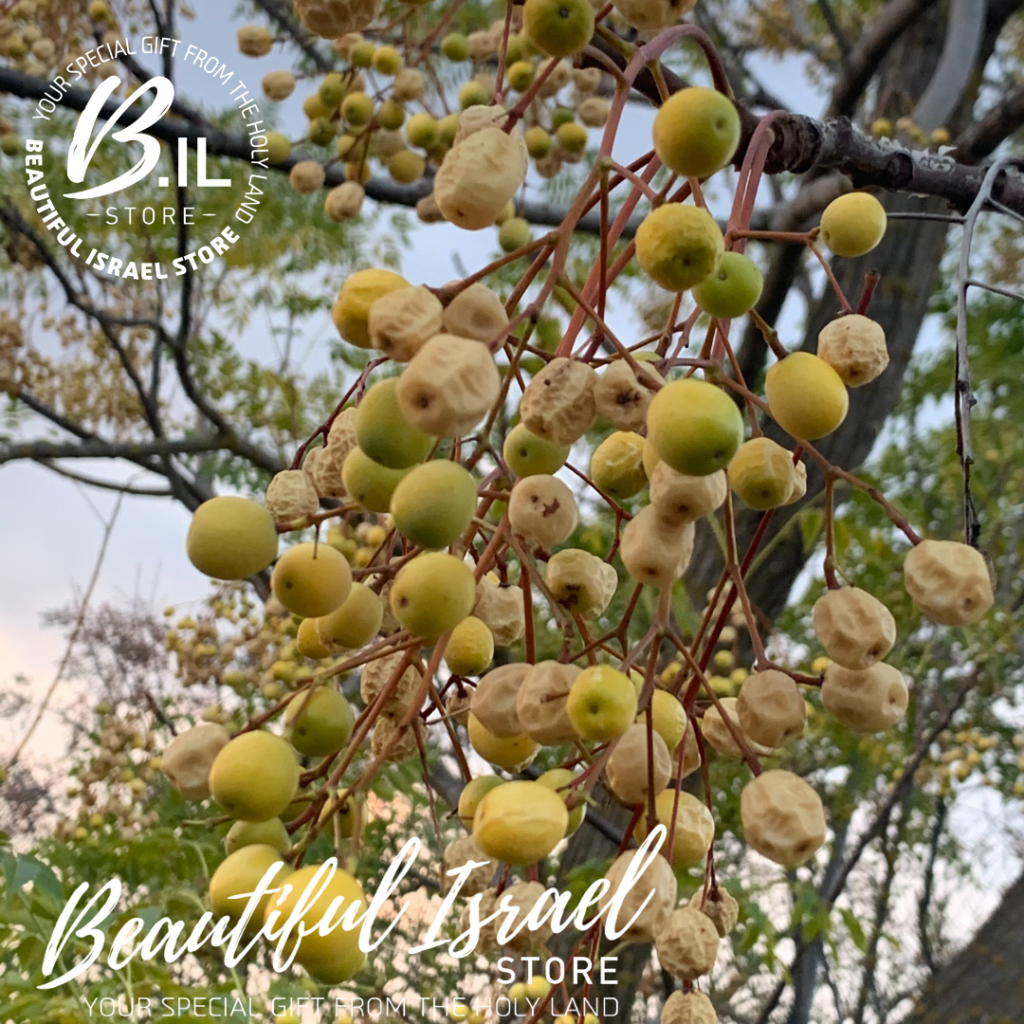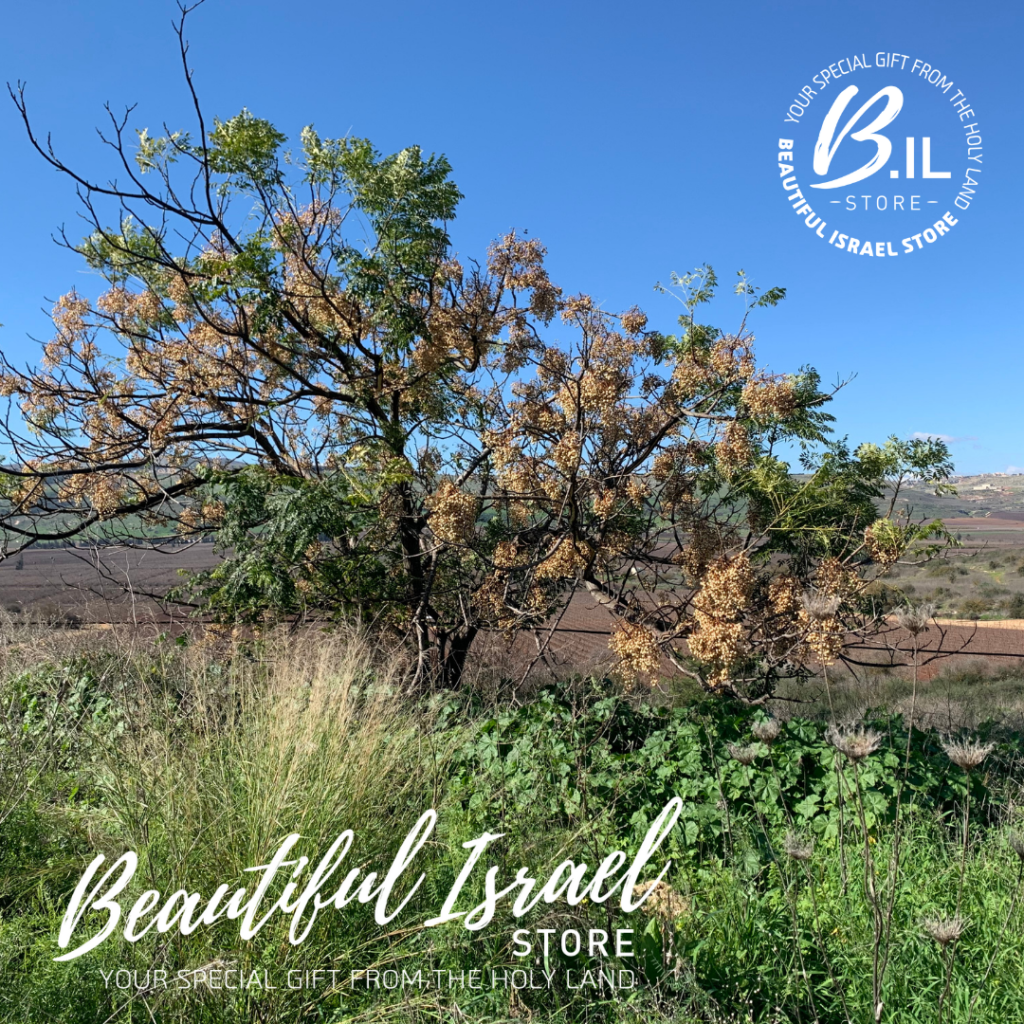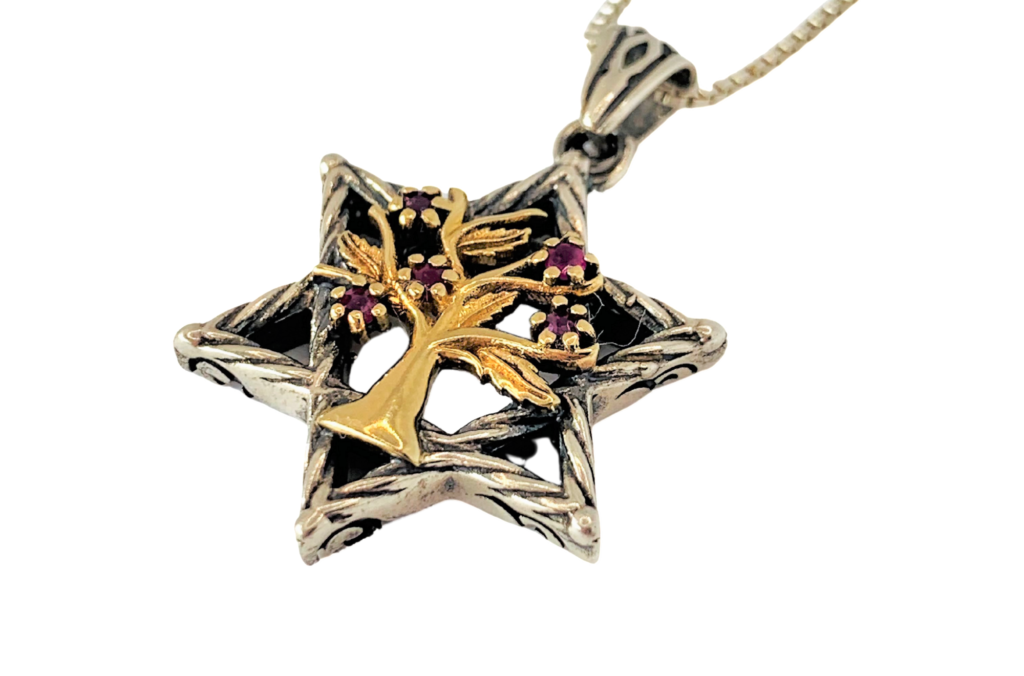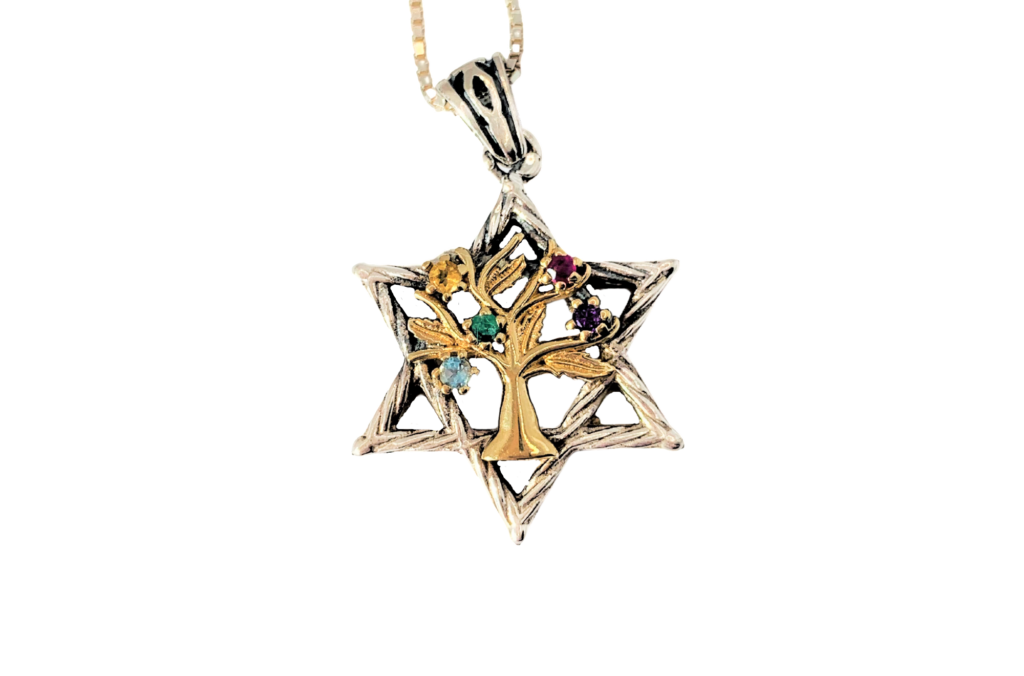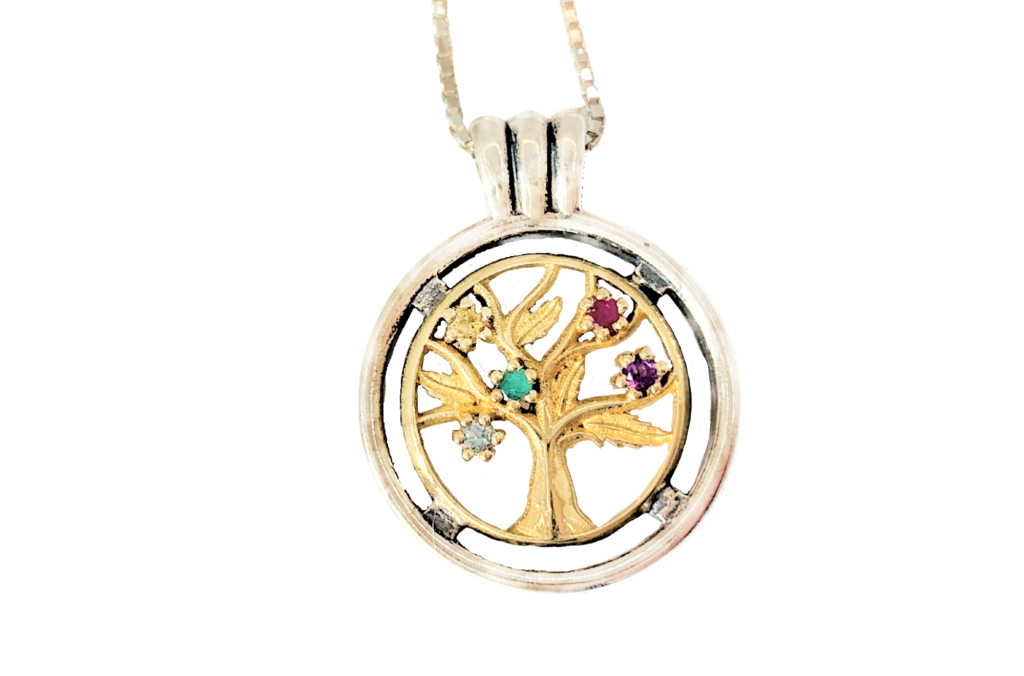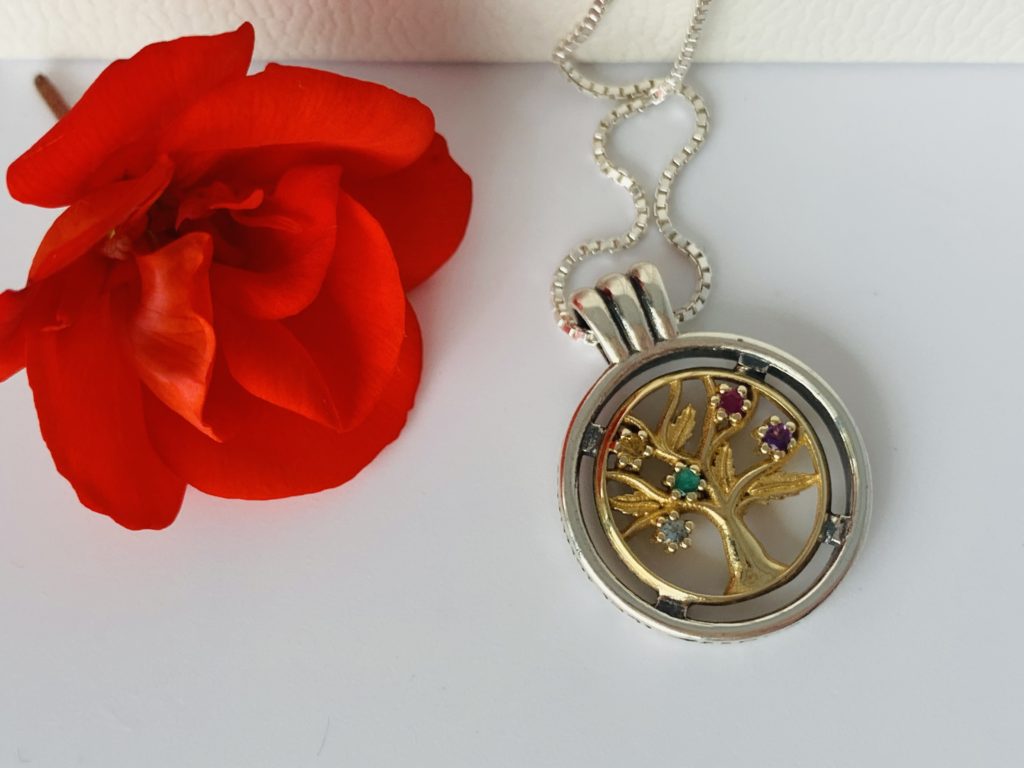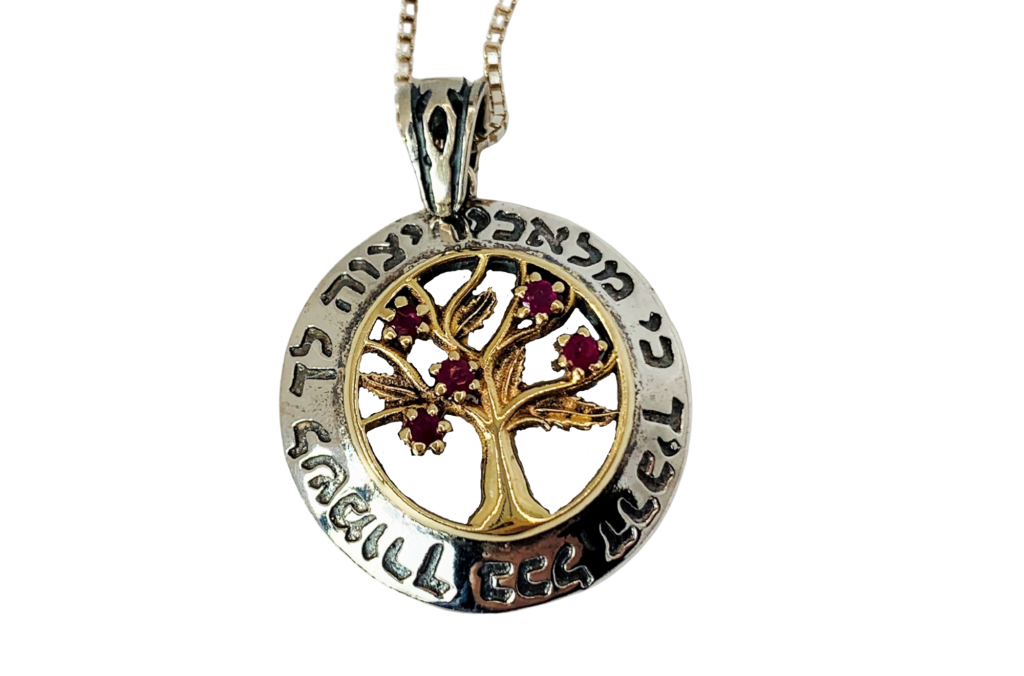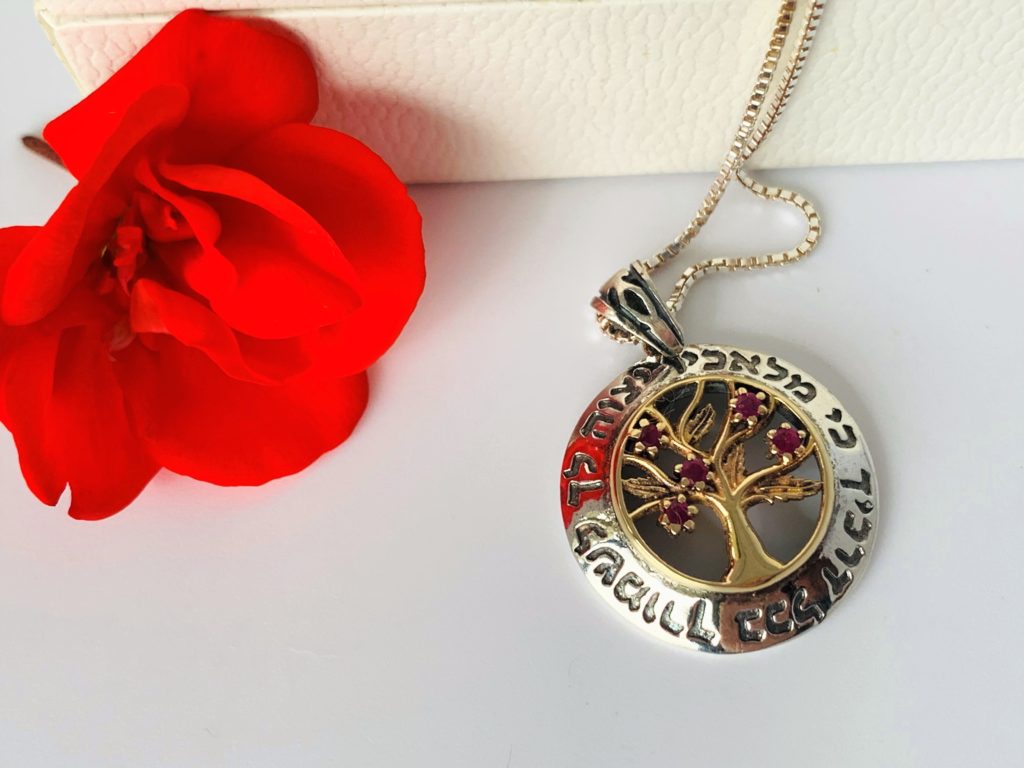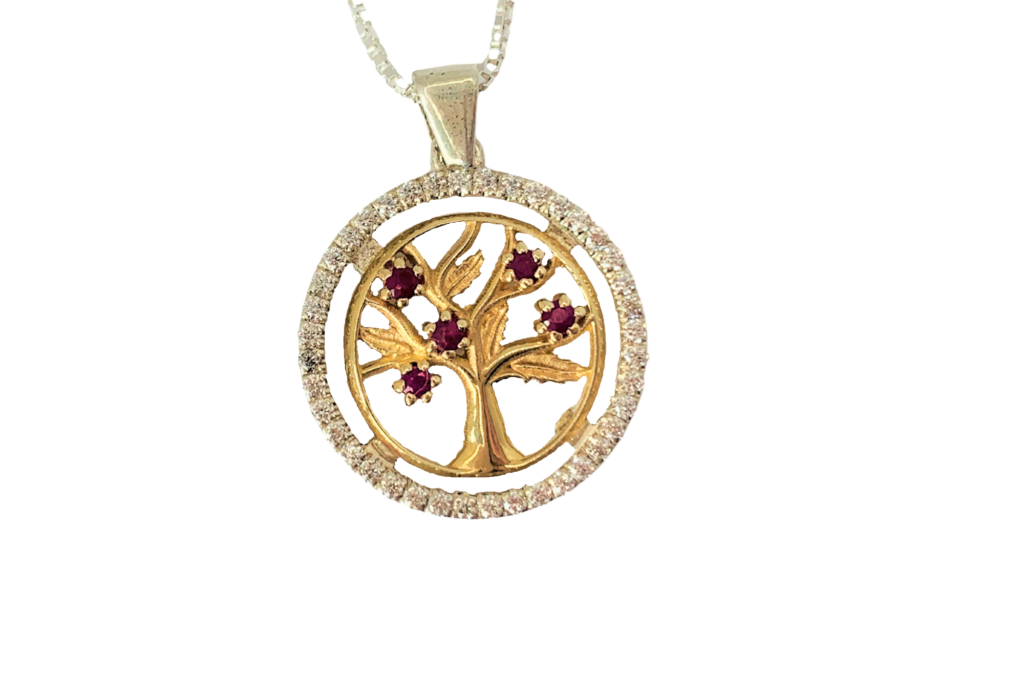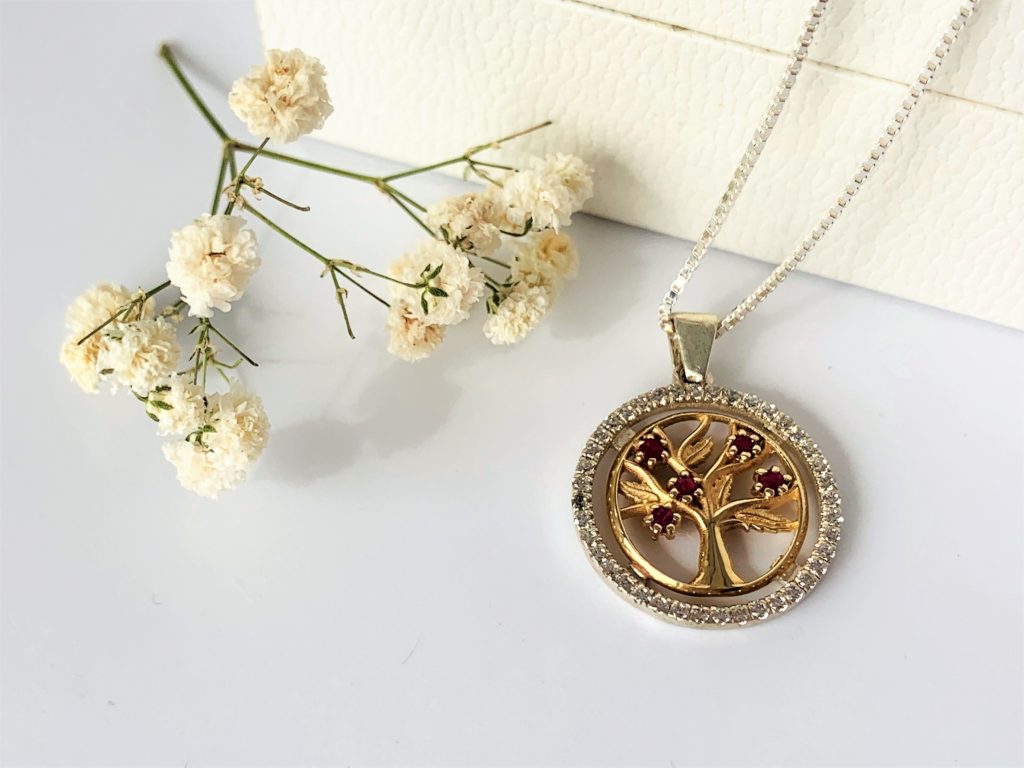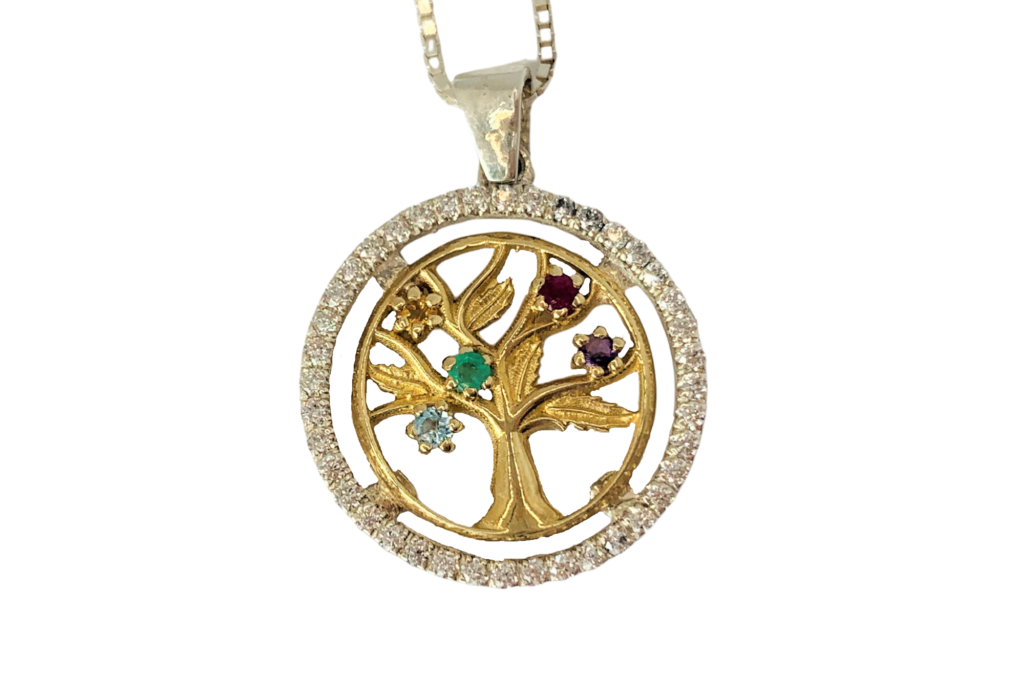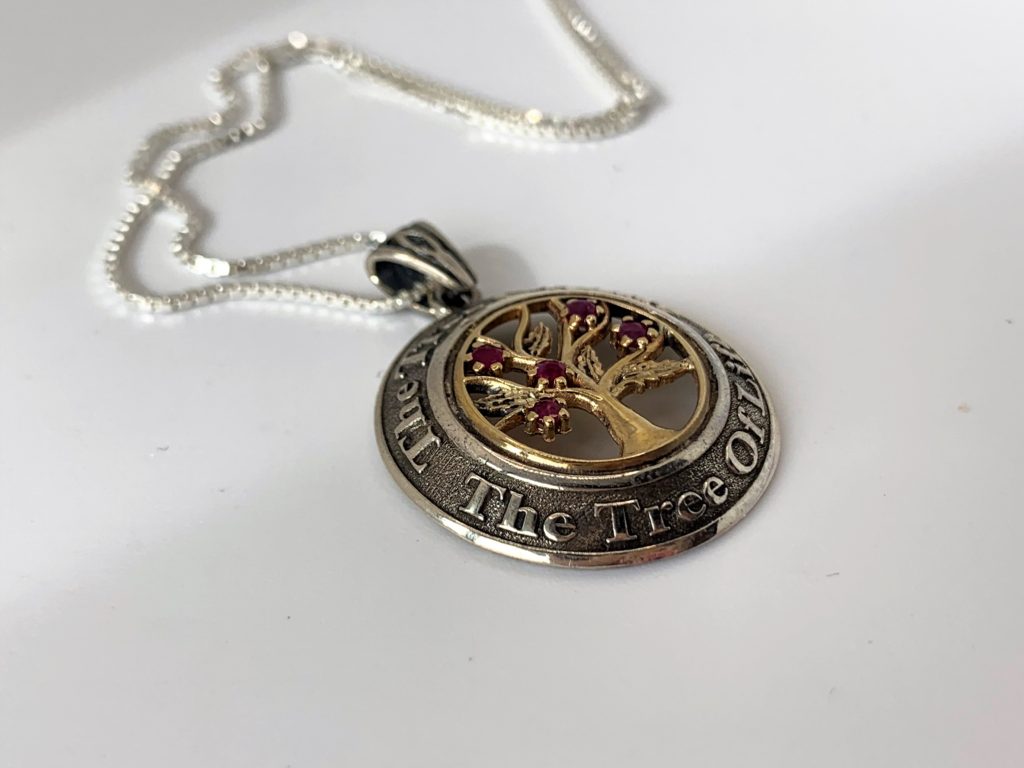
Tu BiShvat is the Jewish new year for trees. It occurs on the 15th day of the month of Shvat in the Jewish calendar. Since the Jewish calendar is a lunisolar calendar, the months are based on the lunar cycle, this holiday will always be around the same time of year, beginning of Spring time. This holiday is a minor Jewish holiday, and it is not mentioned in the Torah. Scholar believe that this holiday started originally as an agricultural festival celebrating spring in Israel. However, after the destruction of the Second Temple in the year 70 A.D., many Jews were exiled and the agricultural celebration stopped. Over time, some Jews felt a need to symbolically bind themselves to their homeland, and Tu BiShvat was a way to fill that need. They introduced a new ritual, the Tu BiShvat Seder. This Seder (a ceremonial dinner) is similar to the Seder at Passover. The Seder involves eating biblical foods native to the holy land. As a part of this, people eat fruit and the seven spices of Israel. The fruit is typically grapes, figs, pomegranates, olives, or dates, as they are mentioned in the Torah as food from the Holy Land. Some families would have a 15-course meal, and each course would be one of the foods associated with the land. Nowadays, Tu BiShvat is an environmental holiday. Jews consider this day as a way to remind themselves of their duty to care for the natural world. Many Jews take part in a tree-planting ceremony, or collect and send money to Israel for them to plant a tree there.
Tu Bishvat during the days of the Temple
According to Biblical law, there is a seven-year agricultural cycle, concluding with the Sabbatical year.
When the Temple stood in Jerusalem, on years one, two, four and five of this cycle, farmers were required to separate a tenth of their produce and eat it in Jerusalem. This tithe is called Maaser Sheni, the Second Tithe, because it is in addition to the (two percent which must be given to the Kohain-Priest, and the) ten percent which is given to the Levite. On the third and sixth years of the cycle, instead of the owners eating the Maaser Sheni in Jerusalem, they gave this second tithe to the poor, who were permitted to consume it wherever they wished.
It takes approximately four months for the rains of the new year to saturate the soil and trees, and produce fruit (On the Sabbatical year, no tithes are separated. All produce which grows during this year is ownerless and free for anyone to take.) It was therefore of vital importance to ascertain when the new year started for produce. Our Rabbis established that a fruit which blossomed before the 15th of Shevat is produce of the previous year. If it blossomed afterwards, it is produce of the “new year.” (By comparison, grains, vegetables, and legumes have the same New Year as humans, the 1st of Tishrei.)
Why is this so?
In the Mediterranean region, the rainy season begins with the festival of Sukkot (around September-October). It takes approximately four months (from Sukkot, the 15th of Tishrei, until the 15th of Shevat) for the rains of the new year to saturate the soil and trees, and produce fruit. All fruit which blossoms beforehand are a product of the rains of the previous year, and are tithed together with the crops of the previous year.
Although this day is Rosh Hashanah for trees, we attach special significance to this holiday because “Man is [compared to] the tree of the field” (Deuteronomy 20: 19). Through cultivating strong roots – faith and commitment to G‑d – we produce many fruits—Torah and Mitzvot.
Observances and Customs
On this day it is customary to partake of the fruit with which the Holy Land is praised (Deuteronomy 8: 8): olives, dates, grapes, figs and pomegranates. If tasting any of these fruit for the first time this season, remember to recite the Shehecheyanu blessing. (A blessing recited on joyous occasions, thanking G‑d for “sustaining us and enabling us to reach this occasion.”
Watch this short video about Tu Bishvat
Inspired by nature and by trees and the holiday of Tu Bishvat, we also added to our store at beautifulisraelstore a new collection of Jewelry of the Tree of Life series
Visit our store here
Follow “Israel with Moshe” on Facebook
Subscribe to “Israel with Moshe” YouTube channel
Follow “Gates to Israel” on Facebook
Subscribe to “Gates to Israel” YouTube channel


